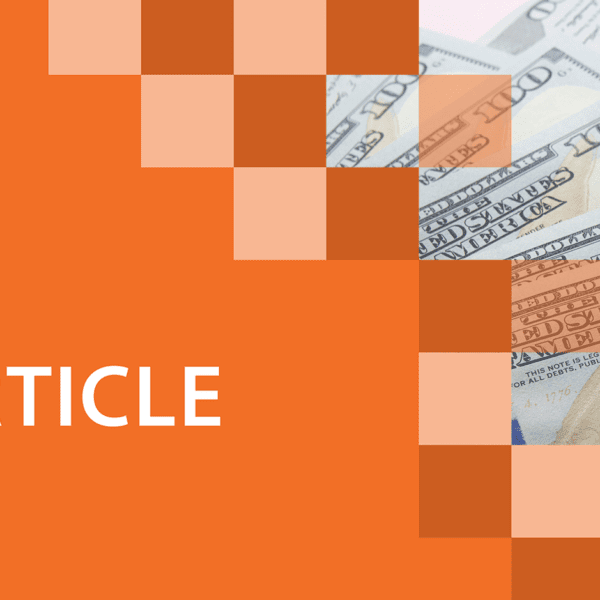Do you remember that special birthday where you were given some cash inside a card you never read? Do you really remember who gave it to you? Would it be a fair guess that you would rather have had something other than THAT? Something where you knew they were thinking of you or at least trying to think of you. It just seemed like a last minute gift or a cop out? Maybe even “cheap”?
It’s a well-known saying and cliché, “Cash is King”. We all love a roll of bills in our pocket or the check that arrives in the mail. We even get excited to receive that PIN number to activate a virtual prepaid card online. Why? Generally, it is because of instant gratification and has a known or expected quality. Yes, the check usually takes a few to several weeks to arrive. Yes, the virtual prepaid card cannot usually be used for fuel, paying bills, or in the grocery store, but it’s there for other things.
So why, in today’s world where most loyalty programs based on cash incentives, are they struggling to keep their end-users engaged and performing? One word: emotions. Just like the introduction above, studies show that even as most people say, “I want cash”; the fact is that most people feel more rewarded when they receive a gift or are able to choose a gift rather than get a cash item. There’s an emotion of attachment or appreciation when one receives a gift or item they would otherwise not provide for themselves. There is usually no regard for emotion with cash, most likely because cash is utilized for needs rather than wants. Daniel Pink talks about in his book Drive, that money, when a motivator, doesn’t last long. “It is the emotional connection of a gift that provides drive and increased productivity.”
The concept of unemotional association as a reward continually demonstrates a large scale tendency to associate the program with the lack of emotion. Where there is a lack of emotional attachment at such a basic level means there is truly very little loyalty generated. The type of loyalty generated is tied specifically to a needs type attachment which in turn makes for a very fickle and unreliable end user, moreover, the end user may feel entitled making the relationship potentially volatile when things do not go their way.
We see this on a daily basis between our different kinds of clients. With our continual evaluation of our loyalty products to see what is working well and what is not, variances between cash and non-cash programs are astounding. Typically, with new clients that have been working within a cash-based incentive environment, we see a cost reduction of 15+% within the first year by introducing other digital and physical rewards into the mix. We can also see our end users remain engaged and participate longer. We are averaging non-cash end-user engagement as being over 30% more engaged per measured time segment, while also noting that the average length of engagement by the end user is 20-35% longer than those on in a cash-centric loyalty program. Additionally, when considering variety in creating loyalty, there is a fine line between too little and too much. The University of British Columbia concluded in a study that providing a limited variety of general offerings such as outerwear, electronics, and housewares in addition to cash type products provide increased levels in feelings of happiness versus those in cash-centric environments. Even when the end user would choose the known cash type reward, the association of variety provides a feeling of control of choice as well as a reciprocation of appreciation and therefore, a higher emotional attachment than if just providing one type of reward. The caveat mentioned by the same report and others is where there are too many options creating a level of confusion or overstimulation.
At the end of the day, our experience notwithstanding, Harvard Business Review expounds on these principles by demonstrating that there is a solid foundation for looking at using motivators to motivate, rather than compensators to compensate with a loyalty program.
For more information call 866-415-7703 or email us at info@alldigitalrewards.com




